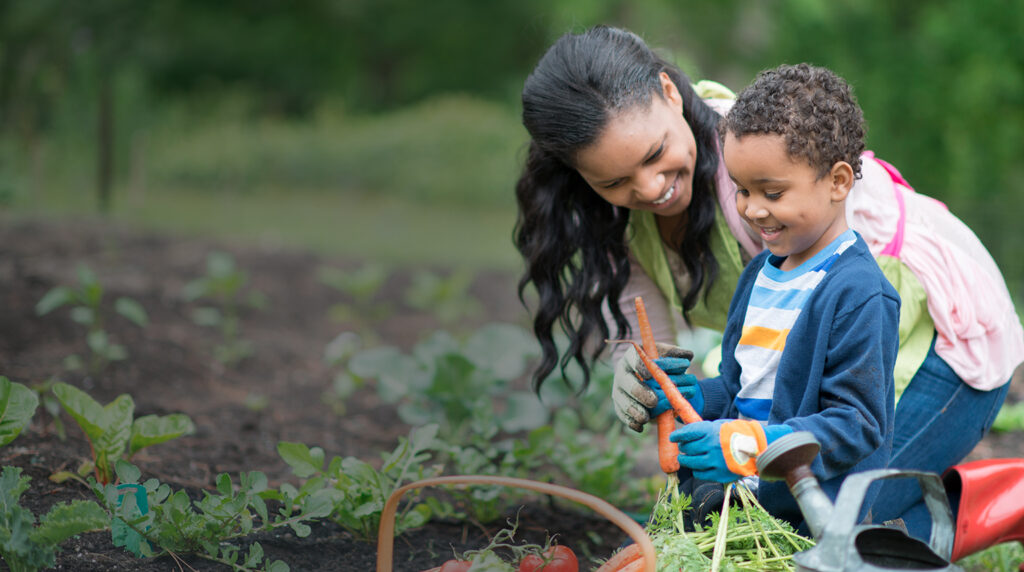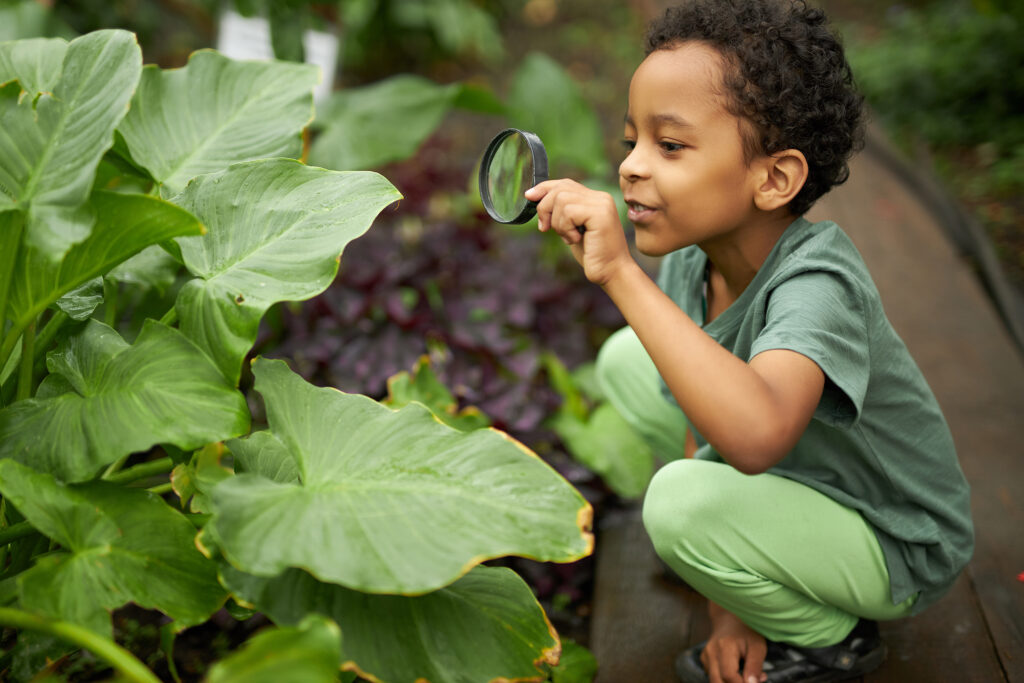How hands-on farming can help a child’s growth
Farming teaches life skills. The fact that these abilities will accompany them into adulthood is an extra benefit. The transformation of the fields from dirt to fully grown corn or rice fields is typically awe-inspiring for children. Tractors and other agricultural machinery are also fun to try and learn about. We’ve compiled a list of some of the most significant skills that children may acquire when participating in hands-on farming.

It demonstrates their appreciation for nature.
It’s astonishing how many children don’t know where their food originates from. They may observe where and how their favorite foods are grown firsthand by visiting a farm. Taking children to the farm teaches them about how vegetables are cultivated and how animals are used to produce meat. You can present different themes throughout your visit based on their age, maturity, and emotional sensitivity. Animals and food may be all that is needed for small toddlers. Exploring scientific topics with older kids is a good idea.
Teamwork
On the family farm, everyone pitches in when there’s a lot of work to do. People do not put up their feet until all their duties are completed, even if their roles are somewhat different. For farm children who go into the workforce, this collaboration approach comes in handy. They’ll put in long hours for a company and support their peers. As a result, they’ll always be an important element of a firm or they’ll be excellent leaders of their own teams.

Responsibility is rooted in children through farming.
On a farm, the farmer is in charge of everything that is cultivated or grown. Animal and plant care must be provided on a daily basis in order to raise and produce a product that is of high quality, nutritious, and tasty. Every farm has daily responsibilities such as feeding and watering, cleaning and grooming, and constructing and repairing structures. Children who work on a farm understand the value of their contribution to the creation of the food that sustains them, their families, and their friends.
Farming teaches children about animal care.
In order to produce high-quality food, proper animal care is needed. To be healthy and happy, animals require food and housing. Farming teaches children why and how different animals require different feed, housing, and care at various seasons. It teaches children to be aware of, observe, and respond to the many needs of animals. The fact that where there is livestock, there is also deadstock is one of the most difficult parts of farming. It’s difficult to educate and far more difficult to accept the natural order of things. The pleasures of new life and the pain of lost life are both present on the farm. It’s part of life’s cycle, which is both difficult and rewarding.

How to enjoy the little things in life
The farm’s hard work and long days make life’s small pleasures sweeter. A lovely sunset in the sky, a piece of pie cooked with homegrown raspberries, or a refreshing swim in the irrigation pond on a warm night are just a few examples of these. Farm life is, at its core, enjoyable and filled with priceless experiences. Your children will carry a passion for the basic things in life with them wherever they go.
The farm may not be your livelihood, but it is teaching your children essential lessons. They may use what they learn on the homestead almost anyplace, including school, a potential job, or taking the family farm to the next level when they’re older. Taking your children to a farm and allowing them to participate in hands-on farming is always a wiser choice.
Agriculture is the wisest investment we can make since it will inevitably result in the greatest amount of actual wealth, good morals, and happiness – Jefferson, Thomas.
Mighty Mentors Plan is to build a small scale farm/outdoor classroom, where kids of all ages can have hand’s on interactive learning. To help support this project. Please Click “Donate” Below.




